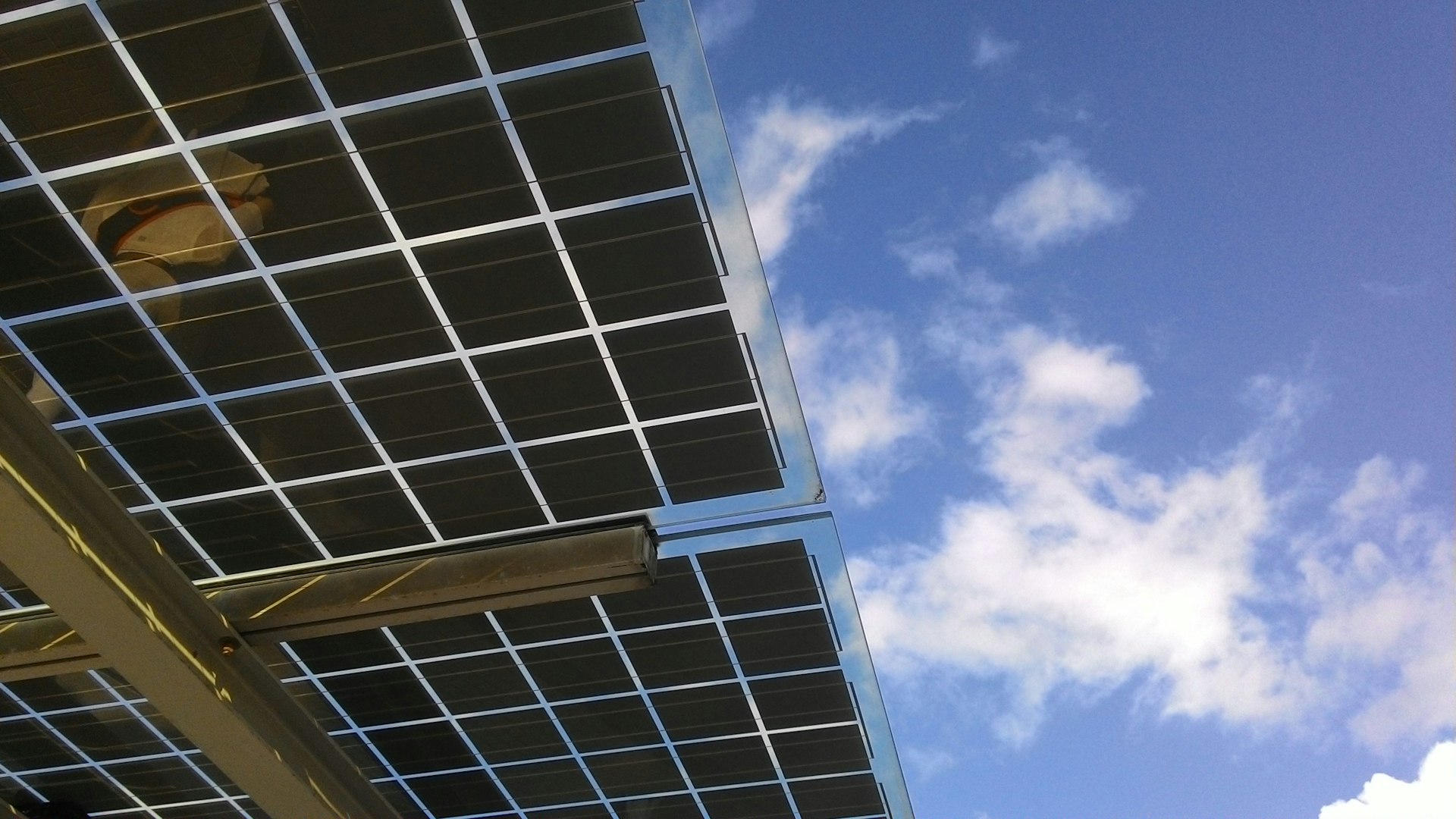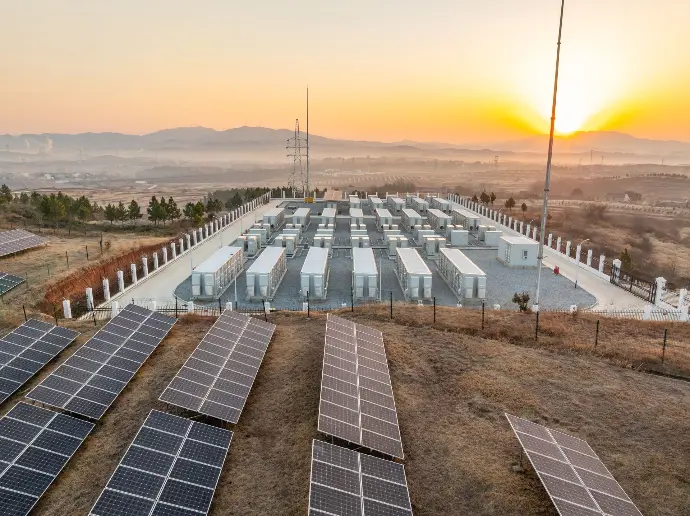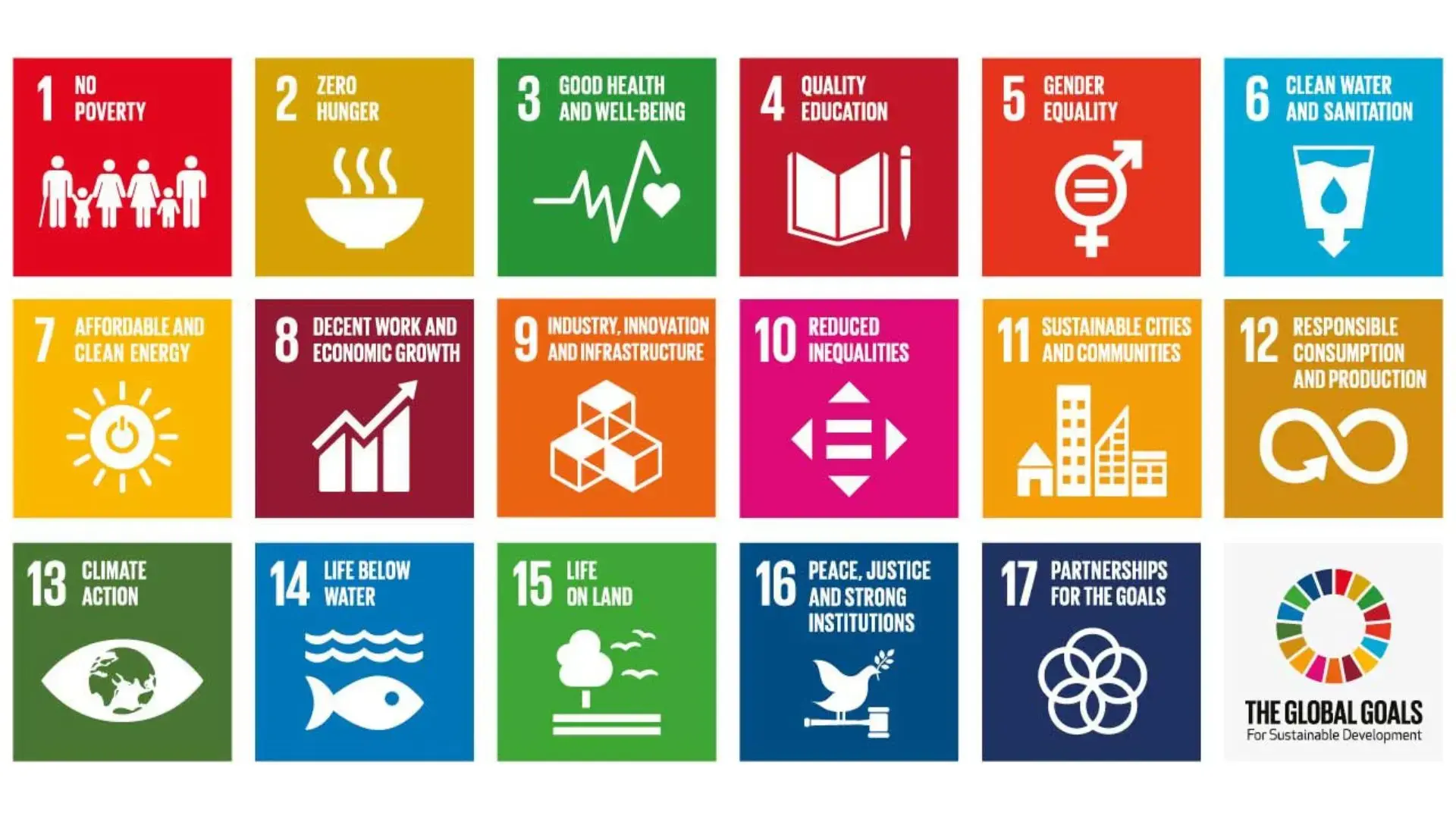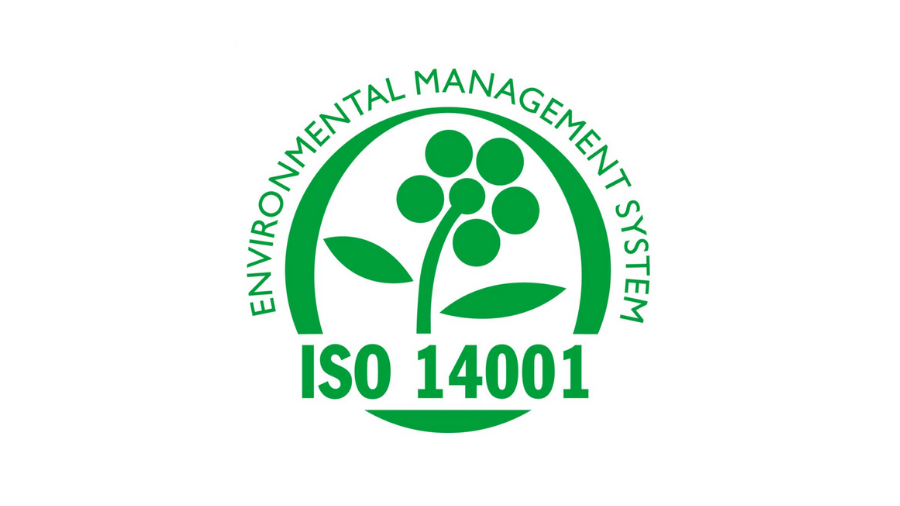About Sustainable Energy
Sustainability is a very broad concept. The sustainability framework within which we operate focuses on making energy use, storage, and generation more sustainable. An overview of energy sustainability options is highlighted below. These measures can have a positive impact on energy independence, energy costs, and grid congestion, while simultaneously improving air quality and reducing climate change.

Sustainable energy use
This includes options such as electric vehicles and biofuels for transportation. In buildings and industries, this could involve heat pumps, electric boilers, and cooling systems. Additionally, energy savings and smart energy consumption management can often make a difference with minimal investment.

Sustainable energy generation
Solar panels and wind turbines provide cheaper energy than fossil fuels. While the initial investment costs are higher, the operational costs are significantly lower. However, sunlight and wind are not always available. Therefore, a sustainable energy generation system must be designed as a whole and economically evaluated.

Energy storage
In sustainable solar and wind energy generation, production and storage are separate. Energy storage solutions, such as batteries, thermal or cooling storage, or mechanical storage, can optimize energy usage, generation, and trading. Additionally, energy storage can address grid congestion through peak shaving and load balancing.

Energy trading (buying and selling)
Where, when, and how you buy and sell energy greatly impacts profitability and sustainability. Scope 1, 2, and 3 emissions from energy sources play a key role in sustainability, while energy prices vary by location, conditions, source, provider, and timing.

Energy Management Systems
An Energy Management System (EMS) ensures that the complex interactions between sustainable consumption, generation, storage, and trading are optimized in real time.

Collective energy
Alone you go faster, but together you go further. This also applies to Energy Hubs, Cooperatives, and collective agreements. Solutions for grid congestion or sustainability are typically more complex to implement collectively, but they can create a greater impact.
These sustainability solutions can influence, among other things, the following reporting standards:

CSRD, ESRD1: Climate change

SDG or UN development goals

ISO 14001, 50001 & BREAAM
